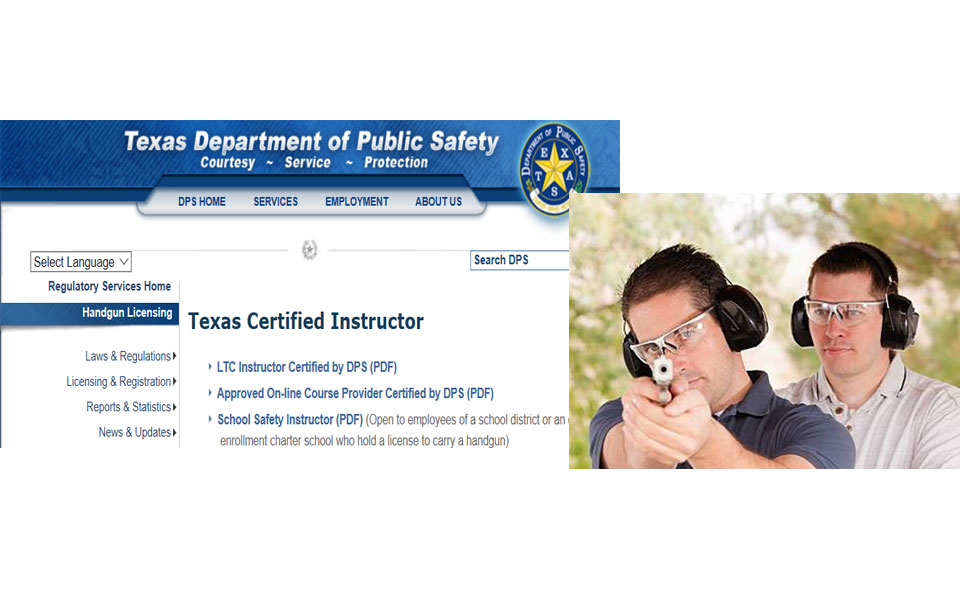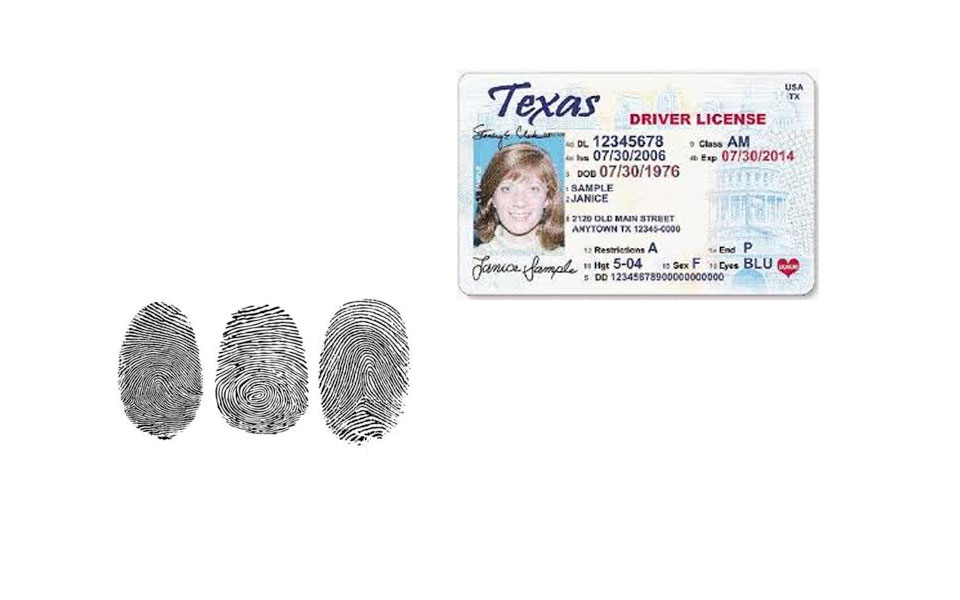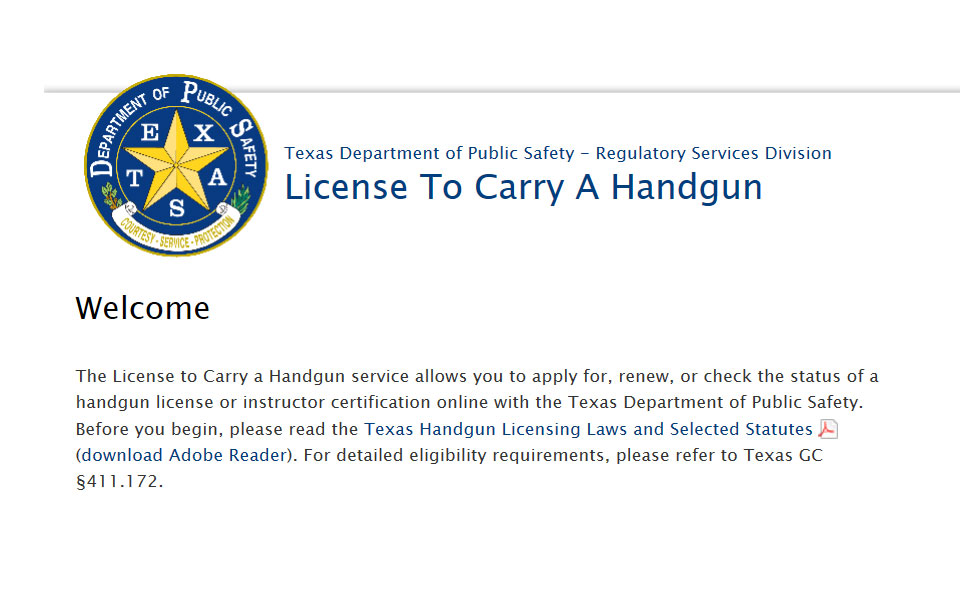Texas License to Carry Online
Complete the classroom training to get a Texas LTC!
Get Your Texas License to Carry a Handgun
Here is How it Works:
Take the Online Course

Click Start Now, register and pay $40 to access the four hours of online instruction. Do it at your own pace, but you must complete all the modules.
More Info
Pass the Online Test

Upon course completion you will be directed to a 25 question online test. Within 1-2 days of passing the test, we will email you a signed LTC-101 certificate which certifies completion of the classroom portion of the state requirements.
Take the Shooting Test

Upon course completion you will be directed to a 25 question online test. Within 1-2 days of passing the test, we will email you a signed LTC-101 certificate which certifies completion of the classroom portion of the state requirements.
Why You Should Get Your Texas License To Carry
It is true that as of Sept. 1, 2021, you will be able to carry a handgun in Texas without a carry permit, so many Texans often ask... "Should I still get my Texas License to Carry permit?" The short answer is "Yes", but here is why below...
There are many circumstances where having a license to carry in Texas becomes extremely beneficial and in some situations, necessary to not break the law. Why is that? Well Texas Law gives LTC holders more rights.
Major Benefits
- Carry Reciprocity: Carry your gun in other states where a carry license is required.
- Firearm Purchases: No delay and no additional background check when you have an LTC and are purchasing a firearm in Texas.
- Carry your gun in more places: State law gives LTC holders the ability to carry in many places where constituional carry is not allowed. Examples: federal gun-free school zones, private property without specific signage, hospitals, nursing facilites and amusement parks, governmental meetings, bars, school district parking lots, college campuses and more.
- Invaluable Training: Knowing when you can and cannot use a gun is paramount to not getting caught up in an unforgiving legal system.
- Evidence of Training: Being able to show you took advantage of the state license and it's required training can be a valuable tool your attorney can use in your favor.
About me

Name: David Freeman
Certified under Texas GC 411.188 and GC 411.190 to administer the LTC Online Course (classroom instruction only)
- Over 21,000 LTC Students trained in live and online classes
- NRA instructor: Pistol, Rifle, Shotgun, Reloading, Personal Protection
- NRA Chief Range Safety Officer
Contact:
Bio
David Freeman has been a Texas License to Carry Instructor since 2009. He is an NRA Chief Range Safety Officer and an Instructor in the following disciplines: Basic Pistol, Basic Rifle, Basic Shotgun, Home Firearm Safety, Personal Protection in the Home and Reloading.
David is also a Writer for The Shooter's Log and his work can be found on the websites of GUNS and American Handgunner magazines. You can find his blog at TexasGunPros.net
He was an Army medevac pilot in Vietnam and served in the Army and National Guard for 7 years as an Instructor Pilot for UH-1 and OH-6 aircraft. He worked as a corporate pilot for approximately 17 years, then some part-time after that. From airplanes and helicopters to guns, he may never grow up.
David is originally from Oxford, Mississippi, but has lived in the Dallas-Fort Worth area for more than 40 years. He and his wife have three sons and seven grandchildren, all living in the DFW area.
More Information
Proficiency Requirements for Licensing
Texas Legislature and the Department of Public Safety have established the following proficiency requirements for obtaining a License to Carry a Handgun.
Only qualified handgun instructors may administer the range instruction part of the handgun proficiency course. A qualified handgun instructor or online course provider may administer the classroom instruction part of the handgun proficiency course.
The classroom instruction part of the course must include not less than four hours and not more than six hours of instruction on:
(1) the laws that relate to weapons and to the use of deadly force;
(2) handgun use and safety, including use of restraint holsters and methods to ensure the secure carrying of openly carried handguns;
(3) nonviolent dispute resolution; and
(4) proper storage practices for handguns with an emphasis on storage practices that eliminate the possibility of accidental injury to a child.
An approved online course provider shall administer the classroom instruction part of the handgun proficiency course in an online format. A course administered online must include not less than four hours and not more than six hours of instruction.
Only a qualified handgun instructor may administer the proficiency examination to obtain a license. The proficiency examination must include:
(1) a written section on the subjects listed in Subsection (b); and
(2) a physical demonstration of proficiency in the use of one or more handguns and in handgun safety procedures.





